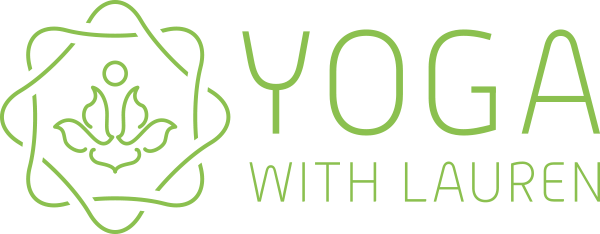All yoga should really be ‘restorative’ yoga! Our practices should ideally nourish, replenish & restore our energy, not deplete, exhaust or overwhelm us.
The term ‘restorative’ yoga is used widely now to describe a range of practices. I use the term as it was originally devised, by Judith Hanson Lasater, who I am hugely grateful to have studied with. She modified BKS
Iyengar’s methods of using props to support the body, to create a deeply restful style of yoga, wonderfully calming for the mind & the nervous system.
Restorative yoga uses a range of props to completely support the body in long held postures, with silence, darkness & breath focus to make the practice deeply healing & nourishing on every level. We hold postures for longer in a usual asana class - 3-5 minutes is normal, or you could stay for even longer in your own practice. There is no muscular effort required, we are not even looking for a stretch sensation, the practice is much more about dropping mindfully into the present.
For many this style of yoga can be very challenging (its not an ‘easy’ option) as there is little to distract our minds. We are often so used to being very, very busy that it can be difficult to slow down. With
practice & patience this will become easier.
Restorative yoga postures are offered as options towards the end of my Wednesday & Thursday evening classes, after warming & preparing the body & mind completely through breath & dynamic postures. In weekend workshops (see ‘events’ page), we have time to explore restorative practices in more depth. You will be guided on how to include your favourite postures in your everyday routines. Even just a few minutes a day of active, supported rest can improve your mind, your energy & your sense of physical comfort & ease
“Whether you are feeling weak, fatigued, stressed from daily activities, or simply need to slow down & tune into your body, this wonderfully adaptive practice is essential for well-being.
As we increase the speed of our communications & interactions, restorative yoga becomes more indispensable to our practice & our lives. This extreme self-care practice can show us that slowing down is the very best way of waking up.” Judith Hanson Lasater ‘restore and rebalance. Yoga for Deep Relaxation’

